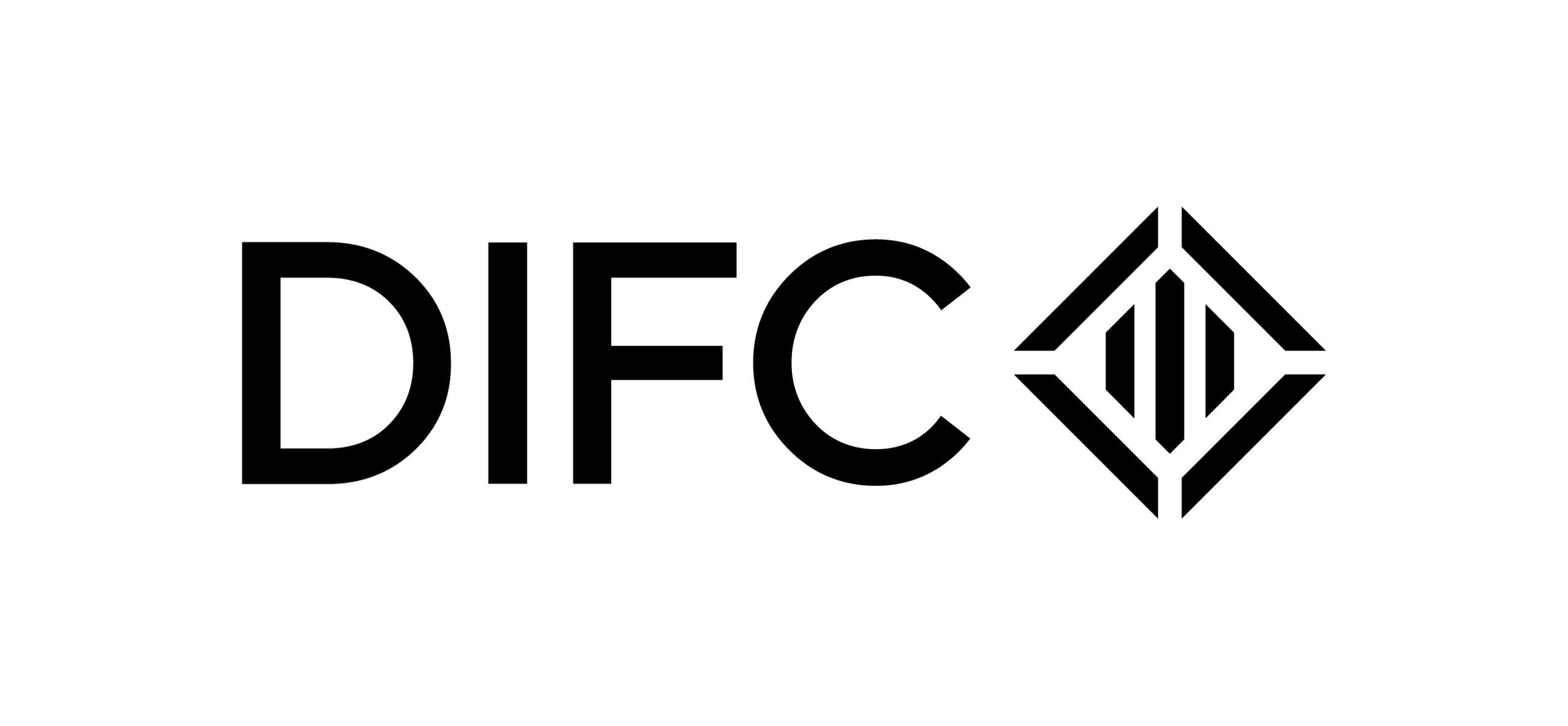
With the power to handle and track vast amounts of information transparently and securely, blockchain is transforming business, especially in the financial sector.
Blockchain adoption and broader distributed ledger technology is rapidly growing, helping to create the business models of the future.
In the Middle East, Africa and South Asia (MEASA) region, the financial sector has recognised the opportunity of blockchain and other forms of financial technology (fintech), taking huge strides towards technological transformation. In the more focused Middle East and North Africa (MENA) area, fintech venture capital investments reached a three-year high in Q1 2021, a 163% year-on-year increase, stated Magnitt’s MENA Fintech Venture Report. In the first half of 2021, fintech deals accounted for $600 million, according to the National News, and investments have continued to rise since. From digital assets to open finance, the future of finance may well be built on a foundation of blockchain.
Dubai International Financial Centre (DIFC), the leading global financial centre in the MEASA region, is developing a trailblazing blockchain environment for companies at the cutting edge of innovation. It is the region’s hub for groundbreaking innovation for fintech and innovation companies.
In Dubai, stakeholders from across industries are making concrete progress, the Emirate being the world’s capital of blockchain development.
Eyes on the future
In September, DIFC hosted Blockchain Week, bringing the ecosystem together to help shape and accelerate the future of blockchain. Featuring the region’s largest financial ecosystem, including the world’s leading institutions, start-ups and SMEs, this dynamic community has its eyes on the future. Innovations including non-fungible tokens (NFTs), cryptocurrencies and digital assets were spotlighted in the discussions.
The week highlighted the importance of the ecosystem and collaboration. Participants agreed that it is industry stakeholders who will shape the use cases and governance of blockchain as it evolves, and education and awareness will be pivotal to its widespread adoption.
The events during the week emphasised Dubai’s role in employing blockchain to transform a range of applications, including smart cities, financial services, court systems, real estate, SME finance and digital assets.
Better together
DIFC is the link between the members of the ecosystem. One of the world’s leading financial centres and home to over 60% of the GCC’s fintech and innovation companies, the organisation links banks with innovators bringing together public and private stakeholders. DIFC has also forged powerful international links with blockchain accelerators in Europe and Asia including Tribe Accelerator in Singapore, Gujarat International Finance Tec-City in India and Innovate Finance in the UK. This dialogue will shape the future and spearhead the safe growth of cryptocurrencies, digital assets and open finance.
More than 450 fintech and innovation companies have joined DIFC’s Innovation Hub to date, with more than 140 new members joining during the first half of 2021.
They receive access to a global network of banks, financial centres, regulators and businesses. The companies are supported by the highest legal, regulatory and operating standards and agile policymaking, operating under business-friendly English common law. DIFC also provides access to education, operating and regulatory licenses and funding opportunities. Together with the Dubai Future Foundation, the DIFC recently launched the AED 1 billion Future District Fund to support emerging technology companies in the region.
Blockchain in action
While blockchain is an aspirational ideal in many parts of the world, in Dubai, it is already a reality.
For example, in 2020, leading blockchain-based payments company Ripple established its regional office in DIFC. In collaboration with financial services company Pyypl, it recently announced the launch of its first On-Demand Liquidity application.
Crowdfunding real estate investment company SmartCrowd has recently agreed a deal with Dubai-based blockchain provider Tezos to accept cryptocurrency as payment. The first of its kind in MENA, the agreement will push forward SmartCrowd’s priorities of trust, transparency and efficiency and accelerate the adoption of crypto.
Advanced technology company Quantumi is helping organisations in Dubai leverage blockchain technology to facilitate trustless payments, tokenisation of assets and securities, while Asia-Pacific-based Chi-X provides blockchain-powered finance for SMEs in Dubai.
In addition, artist Amrita has created the world’s first augmented reality NFT as part of DIFC’s Innovation Hub. A step into hybrid reality, Amrita’s mural captures the sound wave shapes of the phrase “Future NFT Dubai” and uses augmented reality to transform it into a fully immersive experience.
Looking forward
Innovation and partnerships are driving fintech forward. The market is set to expand rapidly. To support this growth, DIFC plans to quadruple the size of its Innovation Hub to 315,000ft2.
As blockchain is rolled out on a greater scale, innovations in finance will cross into other industries. Blockchain is a powerful enabler for the internet of things (IoT) and big data analytics, with the potential to transform cities, industries and entertainment.
Barriers to blockchain adoption are reducing. Trust is building in regulation development. Stakeholders are convinced that its success will lie in dialogue. Powerful networks like DIFC will be the cornerstone of blockchain’s future. DIFC’s ecosystem is open to the world’s innovators and enterprises who want to help shape the future of business.


